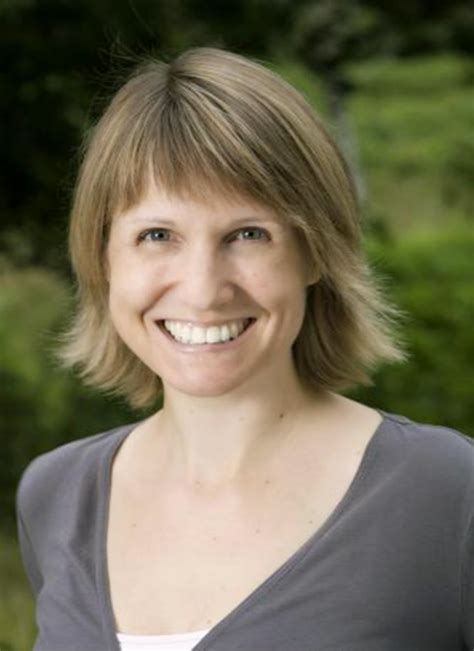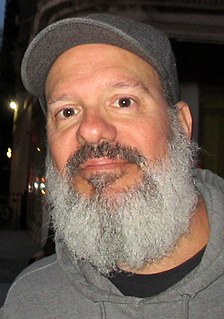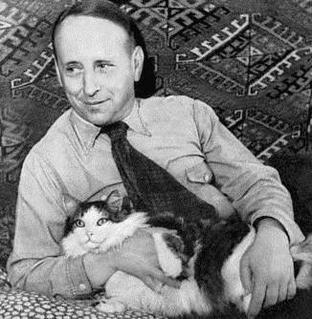A Quote by David Bergen
As a writer, you write the book, you give it to your editor, it's copy edited, it's published, it's thrown out there, and then there's a response.
Related Quotes
My last point about getting started as a writer: do something first, good or bad, successful or not, and write it up before approaching an editor. The best introduction to an editor is your own written work, published or not. I traveled across Siberia on my own money before ever approaching an editor; I wrote my first book, Siberian Dawn, without knowing a single editor, with no idea of how to get it published. I had to risk my life on the Congo before selling my first magazine story. If the rebel spirit dwells within you, you won't wait for an invitation, you'll invade and take no hostages.
About a year after (my stories began being published), magazine editor George Scithers, suggested to me that since I was so new at being published, I must be very close to what I had to learn to move from fooling around with writing to actually producing professional stories. There are a lot of aspiring writers out there who would like to know just that. Write that book.SFWW-I is that book. It's the book I was looking for when I first started writing fiction.
Back when the Bible was written, then edited, then rewritten, then rewritten, then re-edited, then translated from dead languages, then re-translated, then edited, then rewritten, then given to kings for them to take their favorite parts, then rewritten, then re-rewritten, then translated again, then given to the pope for him to approve, then rewritten, then edited again, the re-re-re-re-rewritten again...all based on stories that were told orally 30 to 90 years AFTER they happened.. to people who didnt know how to write... so...
I had published a co-edited book with Oxford a decade ago, my first book actually. Years later I found myself having lunch with Lori Stone, who was an editor at Oxford at that time. We connected at a conference and over the course of lunch she told me about a wonderful new series she had just developed called Understanding Research.
The whole point about vision is that it's very individual, it's very personal, and it has to be confessional. It has to be something which hurts - the pulling out of it and putting it on the page hurts. Art can be about the individual writer's response to his or her condition, and if that response comes out of a predigested belief about what the audience wants to hear about the writer's condition, then it has no truth, it has no validity. You either write with your own blood or nobody's. Otherwise it's just ink.
Copy is not written. If anyone tells you ‘you write copy’, sneer at them. Copy is not written. Copy is assembled. You do not write copy, you assemble it. You are working with a series of building blocks, you are putting the building blocks together, and then you are putting them in certain structures, you are building a little city of desire for your person to come and live in.
Think of a book special to you, and how much bleaker and poorer your life would be if that one writer had not existed - if that one writer had not, a hundred times or a thousand, made the choice to write. You're going to be that one writer one day for somebody you may never meet. Nobody can write that book you're going to write - that book that will light up and change up a life - but you.
The way I found time to write 'The Imperfectionists' was that I took work as a copy editor at the 'International Herald Tribune' in Paris, working full-time for approximately six months, then taking my savings from that and writing full-time, then returning after six months, and so on, until the book was done!
Forrest Mims is the author of the famous book 'Getting Started in Electronics,' published by RadioShack for many years. I bought the book in the 1980s and had a blast making the projects in it. When I was editor-in-chief of 'MAKE,' I asked Forrest to write a column for the magazine, called 'The Backyard Scientist.'






































